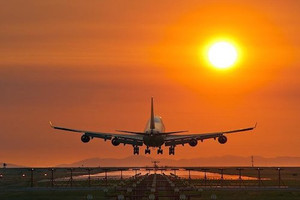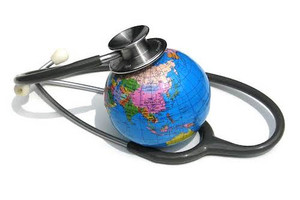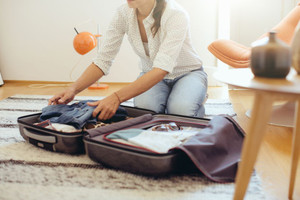
20 June 2022
Since Australia reopened its borders, the number of international travellers has increased steadily. Airports are bustling again with a cautionary tone, and it appears the long wait is over, at least for now. In the past three months, we had the opportunity to travel to South Africa, Singapore, Canada, and South Korea. After a total of close to a hundred hours of flights (with masks on!), seven international airports, and plenty of time in various queues, we have our own top five observations and tips!
1. Things are slightly different, and everyone is learning the new normal – be patient
One of the pleasant observations early in our travel around March 2022 is that cabin crew and airport staff were generally helpful and kind to passengers in explaining and helping people through the changed routines. Some of the airports are still under-staffed and additional documentation needs to be sighted, new rules need to be followed during check-in, boarding and onboard the flights. It was pleasing to note the understanding that airport staff and cabin crew showed, directing and helping passengers. It goes the other way too. We didn’t observe any demanding passengers or those arguing about government requirements with airline staff, who are simply making sure they are complied with. Overall, it pays to be kind and show some patience in the next few months.
2. Rules are changing rapidly – Keep up to date
Every few weeks, sometimes within a matter of days, the entry and exit requirements are changing. Most airlines are doing a good job of highlighting the requirements of destination countries through frequent communication. However, it can become quite confusing with multiple criteria to check; vaccinated or unvaccinated, citizen or non-citizen, entering a country versus transiting through and various exemptions that are applied all contribute to how you meet your requirements to travel. Make sure you are familiar with the rules at the time of travel for your departing country, destination country and any country you are transiting through.
3. Technology doesn’t always work – print everything for a while
We observed that several travellers got caught out by run down batteries on their phone, not having access to the internet or not having done some of the pre-travel forms. In one example, a traveller had a medical exemption to not wear a mask on the flight but couldn’t produce it to the airline staff due to not having internet connection. In another example a traveller thought they could fill in Australia’s Digital Passenger Declaration at the airport, but their mobile wasn’t charged. While we all have learnt not to print and carry papers unnecessarily, it is wise at this stage to ensure you have a printed copy of all the relevant documents and any pre-departure forms are filled out well in advance. This makes the check-in process a lot smoother.
4. Contingency planning is critical – have a plan for possible scenarios
In all the rush to book airlines, accommodations, and transfers, sometimes we forget to plan for alternative scenarios. It is not just about having enough funds to be able to quarantine in case of catching COVID-19, but also knowing what options you have in that situation. For example, not all hotels will allow a COVID positive customer to check-in and quarantine at their facilities. Knowing such details and having a plan is vital. Also note that some travel insurance products offer Covid-19 cover, however, there is a waiting period of 21 days. This means you would need to buy that insurance 21 days before you travel, to be able to claim for Covid-19 related expenses, if it eventuates.
5. All the basics are still relevant – Keep a checklist
Having a valid passport, having locks for your check-in luggage, registering with smarttraveller.com.au (for Australians), letting your bank know you are travelling, having enough funds / payment methods and of course respecting the rules of the destination countries are all still very much relevant. There was a passenger at check-in whose passport was expiring in three months (whereas the requirement is a valid passport for at least six months) and there was another one that didn’t have the right visa. They met all the Covid related rules but had overlooked other requirements. It is best to create a checklist early and tick them off as soon as possible before you travel.
We believe majority of the additional burden on travellers and airport/airline staff will slowly reduce over the next few months as more and more governments are progressively relaxing their entry and exit requirements. In the meantime, more planning upfront is needed, if you want to make the experience more efficient.
- By:
- David Chandraraj







